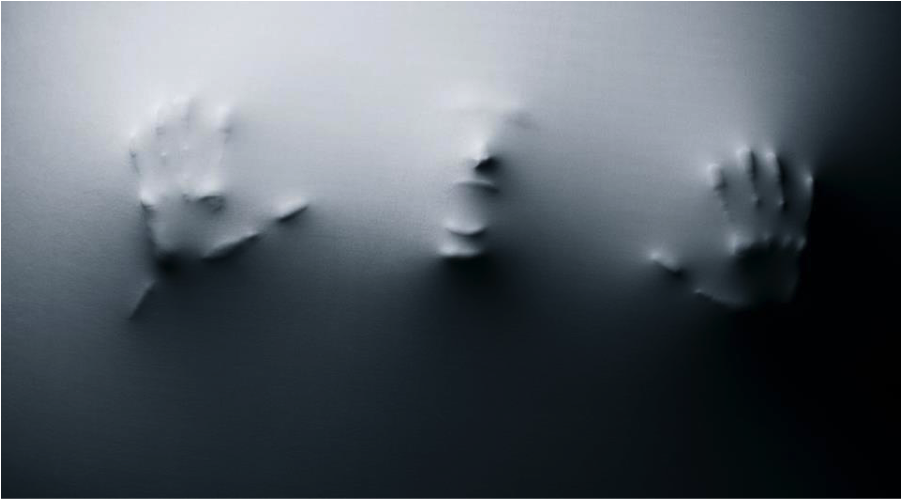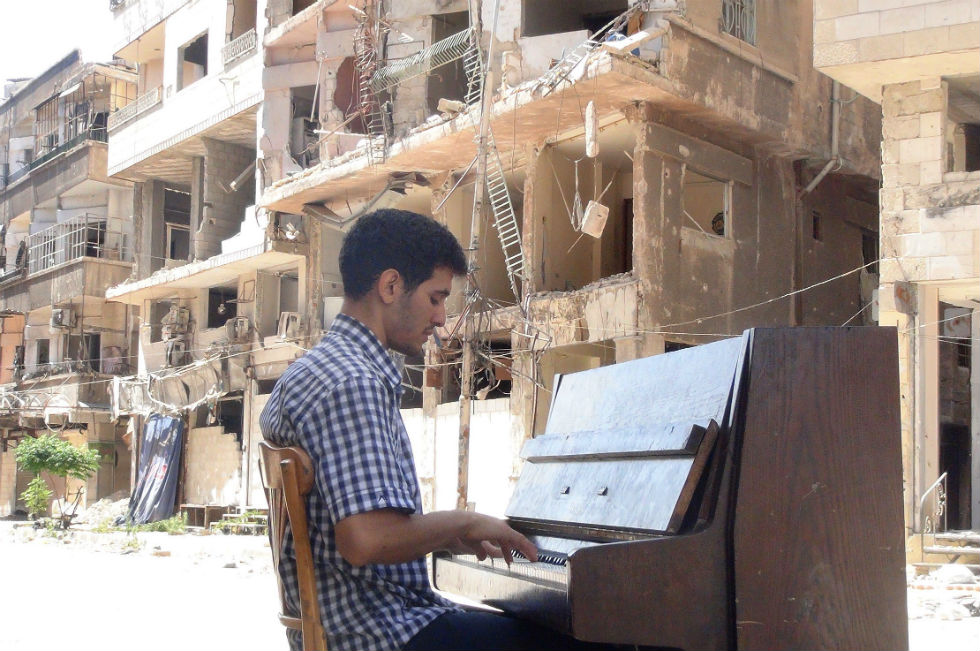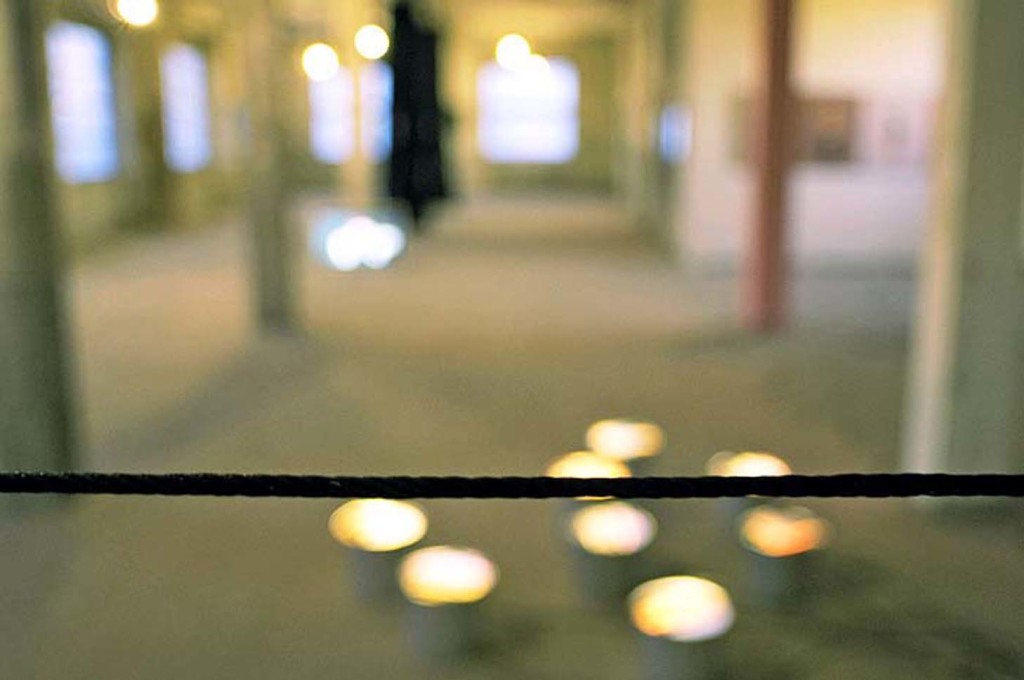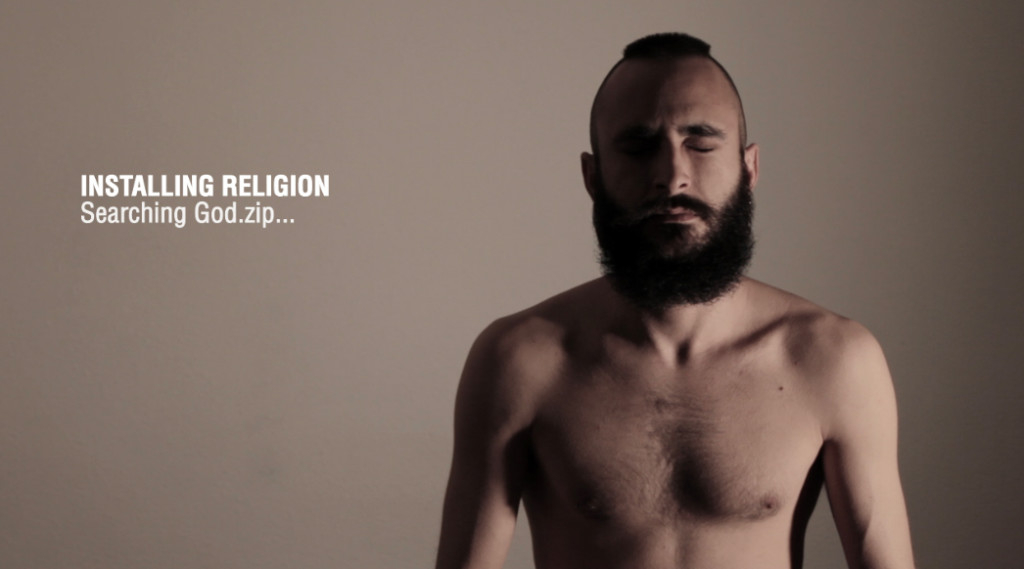
Nine days before his death, Emmanuel Kant received a visit from his doctor. Although old, sick and almost blind, he stood up, trembling of weakness, whispering incomprehensible words. The doctor understood that Kant would had never sat down if he wouldn’t sat down, thing that he did and Kant replied, “I have not yet failed the sense of humanity1.”
”
For Kant Humanität meant principles liberally accepted and imposed to himself. Historically, the word Humanitas had two different meanings: the first one as value, due to the relation between man and what is less that man (the barbarous), the second one as a border, due to the relation between man and what is more than man (the divine).
The concept of humanity as value discerns the “Homo Humanus” (man human) from man barbarous, who has no pietas and paideia, that means respect for moral values and for culture. When during the Humanism Marsilio Ficino defines the man as “the rational soul that is part of the divine intellect and works in a body”, says that he is the only being independent and completed. And Pico della Mirandola’s well known discourse about the human dignity says that the man is at the centre of the universe to become conscious of the space where he stays and to decide freely what sees. The human dignity is proportional to his freedom. So the Humanism more than a movement was an attitude of conscience of values (rationality, dignity, freedom) and borders (fallacy, weakness and finitude) that means responsibility and tolerance.
Something Else is the intention to think to a new kind of Humanism, starting form the observation of the real city life, like in a scientific process, and to hypothesize a “new togetherness”.
“What does Togetherness mean? What does being together represent?” Society.
“Which kind of spirituality does this society need?” Humanity.

“And how can we re-think the concept of Society in the era of social media where the concepts of to be alone and to be together are subverted? And can we re-actualize the concept of humanity in a society devoted to what people represents in the social context?” I believe we have to speak about Societing (< Society+Making), starting from the Social Contract by Jean Jacques Rousseau (1762) and including the logic of the augmented reality. Rousseau’s issue outlined the idea of a democratic state and therefore was resumed, thirty years later, as a reference during the French Revolution. Rousseau remains actual because of he denounced inequalities and the difficulties of man to become man. Augmented reality incomes the idea to expand the reality, the perspectives from which we see the world. We can see how the multimedia platforms helps us to share thoughts, information, points of view and to grow projects. As citizen of this world we have to be also citizen of the Web, not only users, and so to know rules and rights, times and spaces. In the era of Social Network, where everything has to be shared and digitalized, the challenge is to stay human. The show wants to reflect upon the paradox of our times, the two sides of technological progress: from one hand ease of movement and cultural exchange and, from the other side, the fear that locks and seals: it’s an eternal Hiroshima relentlessly. While Internet provides information and offers communication facilities, the surveillance freezes the users within: we are in a digital vertigo, like in a Hitchcock’s horror film, dominated by surveillance and voyeurism. So which new forms of social contract, which social compromise we are willing to follow? How could we build a “general will”, capable of being expression of citizens’ desires and rights, a pact of the citizens with themselves?

Something Else could be also an occasion to write again a Social Contract interfacing with this new context 2.0. and its needs, exploring the fundamental elements on which the Egyptian society (in translation) is based: the territory, the language, the relationship, the public order and the law, the identity, the economy and gender equality…
Note
1 E.A.C. Wasianski, Immanuel Kant in seinen letzen Lebensjahren, published again in Immanuel Kant, Sein Leben in Darstellungen von Zeitgenossen, “Deutsche Bibliothek”, Berlin, 1912, p. 298
A New Social Contract is curated by Elena Giulia Abbiatici in collaboration with SECONDO STILE (un artist run space concepita come tela nomade da Paolo Chiasera nel 2013), THE WRONG – New Digital Art Biennale, Pavilion [in]Exactitude in Science, curato da Filippo Lorenzin e Kamilia Kard) e NATION25 (piattaforma di artisti fondata da E.G.Abbiatici, Sara Alberani e Caterina Pecchioli). A New Social Contract è stato concepito nell’ambito del progetto «Something Else, Off Biennale Cairo», a cura di Simon Njami, Cairo, 28.11 – 30.12.2015
[nggallery id=82]








































